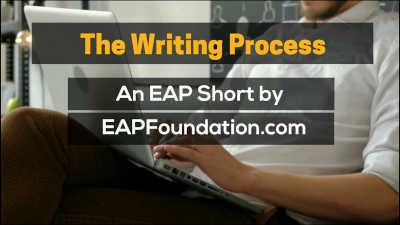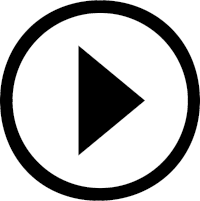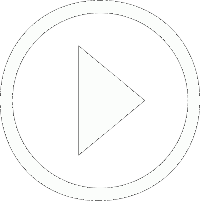Show AWL words on this page.
Show sorted lists of these words.


 







|
If you are writing an extended, researched essay or report, then after brainstorming ideas the next stage of the writing process will be to research ideas to include in your outline and make your writing stronger. This page considers how to do this by looking at how to find appropriate sources and how to select and read them. There is a checklist at the end for you to check your progress.
Finding sources
Before you begin your research you will need to define the task so you will know exactly what you need. This is done in the preceding stage of the writing process, namely understanding the title. If you do not understand the task, it will be almost impossible to find relevant information and you will end up wasting much time.
A useful place to start your research is with your course materials. However, it is not usually acceptable to limit your sources to those provided by the lecturer, and you will therefore need to look elsewhere, in books and academic journals. At university, you should be able to find what you need in the library or via online bibliographic databases. If you need to look elsewhere, Google scholar can be useful for online articles. You can broaden your search by looking at the reference sections of any articles you read and trying to find any titles which seem relevant to your own title. If you need to use a general internet search engine to find sources online, remember that any material you use in your writing needs to be of suitable academic quality. University websites are reliable sources (look for .ac.uk in the URL for UK universities, or .edu for US and Australian ones). Government websites are also generally considered to be reliable sources (.gov). The most common websites are commercial .com sites (or .co.uk for UK based websites); these may contain reliable information, but you will need to check the author to see if the information is trustworthy. Wikipedia is generally not considered to be a reliable source, though it can be a useful place to get a general understanding and to find more academic articles via the references at the end. Wherever your information comes from, make sure you make a note of important biographic information (title, author name, place of publication or URL, etc.) so that you can find it again if needed and cite and reference appropriately in your assignment.
Selecting and reading sources
You will probably need to use a considerable number of sources in your essay. A very general rule is the 'half percent' rule, which means you would be expected to refer to five sources for every thousand words. However, in order to find five good sources, you will probably need to read two to three times that many, in other words up to fifteen texts. This is because some of the texts you read will not be useful for your essay - but you may not know that until you read them. This means if you are writing an essay which is 2000 words long, you will need to refer to at least ten sources in the text, and may be reading up to thirty texts. In order to cope with this volume, you will need to use the reading skills outlined in the reading section. These include making sure you have a clear purpose before you begin reading. This will help you to narrow your focus. You can clarify your purpose by understanding the title, earlier in the writing process, while brainstorming for ideas will also help to bring focus to your reading. It will be useful to survey the texts to get a general understanding and decide quickly which ones will be most useful. You will also need to scan reading texts to find relevant passages; for book sources, the table of contents at the beginning, and the index at the end, will also be useful for finding specific information. You may also need to skim texts to gain an understanding of the main ideas and to take notes. Journal articles, which may be your main source of information at university, will usually contain an abstract, which summarises the purpose, approach and findings, and is the best place to start. Most articles have headings, which are also useful in quickly understanding the main points or locating specific information.
Checklist
Below is a checklist for this section.
| Item | OK? | Comments |
| I have understood the title and requirements of the task before beginning my research. | ||
| I have looked in the library, searched online databases and used Google scholar. | ||
| For online sources I have used material from reliable sources, e.g. .edu websites. | ||
| I have made a note of biographical details (title, author, publisher or URL) in case I want to find the article again, and to correctly cite and reference it. | ||
| I have used skills such as surveying, skimming and scanning to help me select sources and read them quickly. | ||
| I have enough sources for my writing, i.e. approx. 5 per 1000 words of the assignment. |
References
Australian National University (2014) How to start researching your essay. Available at: https://academicskills.anu.edu.au/resources/handouts/how-start-researching-your-essay (Access date 1/10/16).
Cottrell, S. (2013) The Study Skills Handbook, 4th ed. Basingstoke: Palgrave Macmillan.
Next section
Read more about outlining in the next section.
Previous section
Read the previous article about brainstorming.







